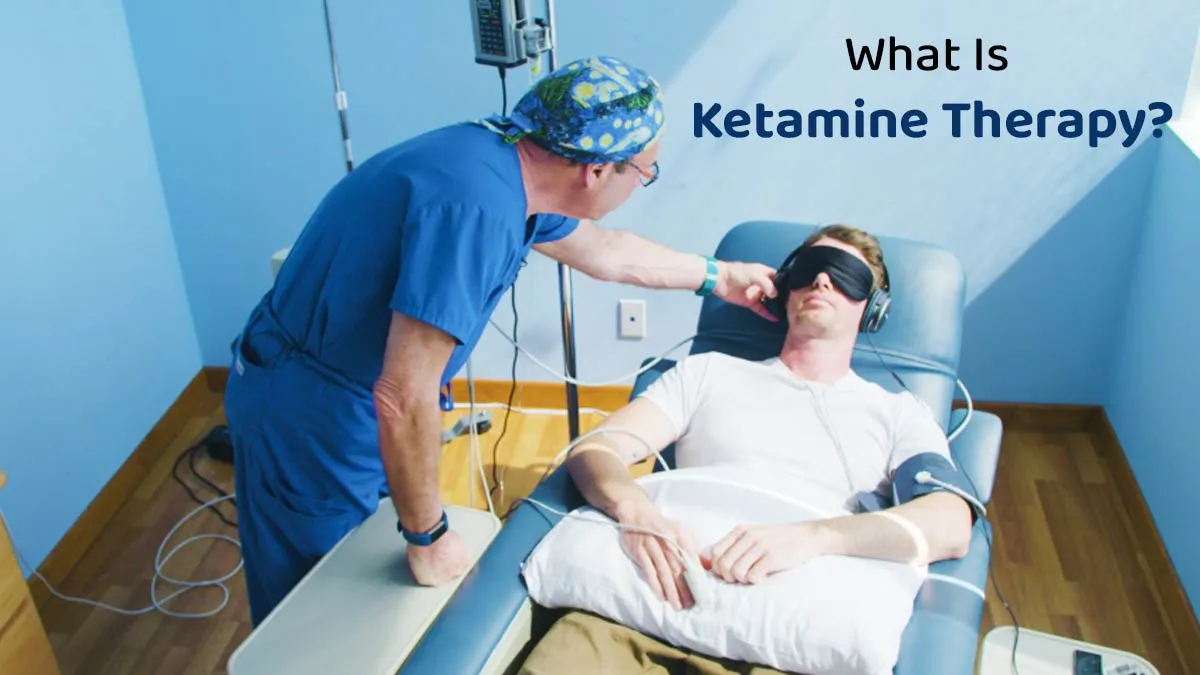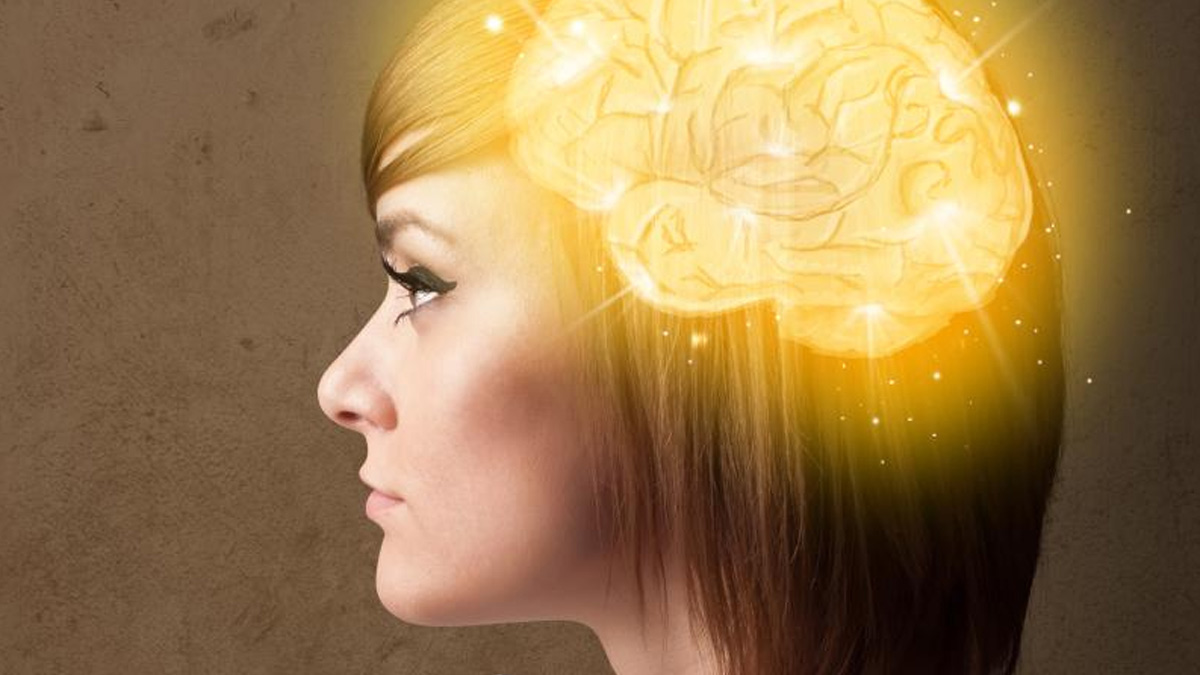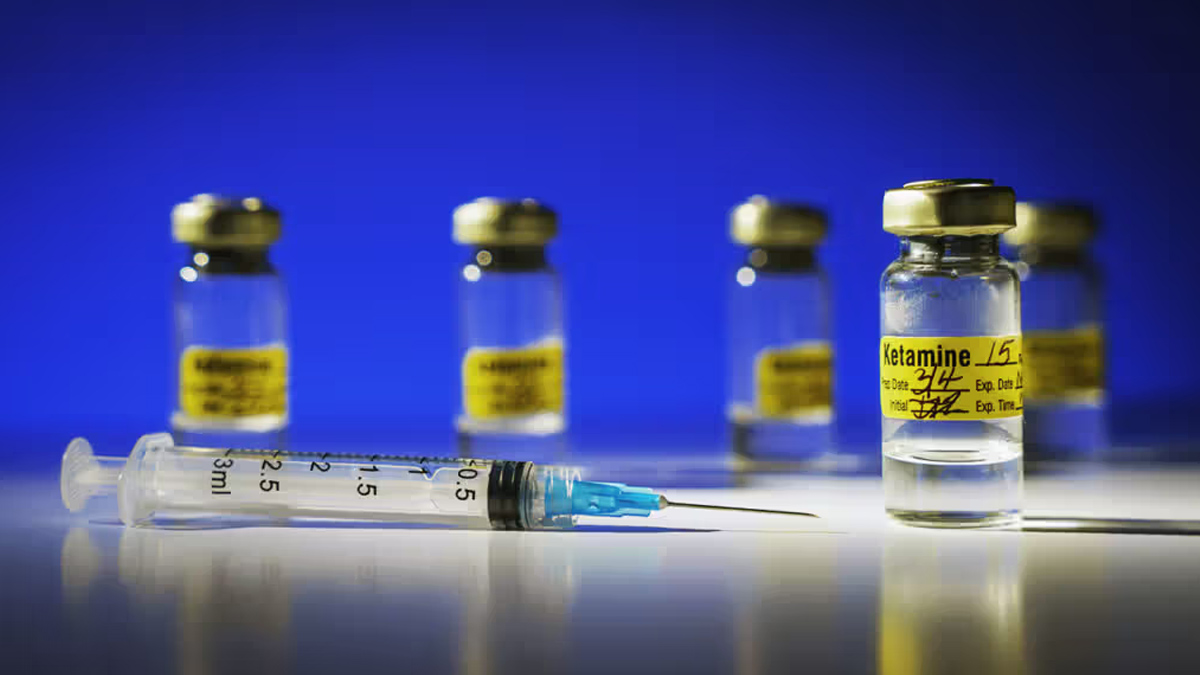
Ketamine is a medicine first used as an anaesthetic in surgeries. Today, doctors use it in much smaller doses to help people with severe depression, PTSD, suicidal thoughts, and some chronic pain conditions. It works quickly, sometimes within hours, when other treatments have failed. Dr Parth Nagda, Consultant, Psychiatry, Kokilaben Dhirubhai Ambani Hospital, Navi Mumbai, explains, “Ketamine therapy is an innovative treatment for severe mental health disorders. It is given in very low doses through an IV in a controlled setting.”
Table of Content:-
Why Is Ketamine Therapy Used?![ketamine therapy 4 (52)]()
The main reason doctors use ketamine therapy is for treatment-resistant depression. It is also used for PTSD, some chronic pain problems like fibromyalgia, and especially for people with active suicidal thoughts. Dr Parth says, “Its main use is in active suicidal thoughts, where the effect is seen within hours, instead of a few days as with traditional antidepressants, if ECT (electro-convulsive therapy) cannot be used or is not feasible.”
Does Ketamine Therapy Get You High?![does ketamine therapy get you high 2 - 2025-06-05T103922.532]()
Some people worry that ketamine therapy will make them feel ‘high’ like recreational drugs. During treatment, patients may feel a sense of calm, dreaminess, or detachment from reality. Dr Parth explains, “Patients often experience a calm, dreamlike or detached state. Some report vivid imagery or emotional clarity, while others feel relaxed or euphoric.” These feelings are called ‘dissociative effects’ and are common, but they are short-lived and fade soon after the session ends.
Experts say these effects are not the actual treatment. Dr Parth notes, “The medicine targets the glutamate system in the brain and causes rapid action, but the effects are also short-lived.” The real benefit comes from how the brain responds to ketamine after the session, not from the temporary sensations during treatment.
ALSO READ: Uneven Skin Tone and Pigmentation? Here’s How Q-Switch Laser Can Transform Your Skin
Are There Any Side Effects?
Like any medicine, ketamine therapy can have side effects. Common ones include:
- Feeling detached from reality (dissociation)
- Dizziness
- Nausea
- Increased heart rate or blood pressure
These usually go away soon after the session. Long-term risks, such as memory problems, are linked to high doses or recreational use, not the low, controlled doses used in therapy. “It is safe when given in a clinical setting,” says Dr Parth.
Who Is Eligible for Ketamine Therapy?![ketamine therapy eligiblity 1 - 2025-06-05T103926.848]()
Not everyone can get ketamine therapy. It is for adults with severe mental health conditions who have not improved with other treatments. People with a history of psychosis, uncontrolled high blood pressure, or substance abuse are not eligible, as ketamine could make these problems worse.
Is Ketamine Therapy Safe?
Yes, when given by trained professionals in a hospital or clinic, ketamine therapy is considered safe. Patients are closely watched during and after treatment to prevent problems. Dr Parth assures, “Protocols ensure patient monitoring is regular, minimising risks. It has a long history of use in medical anaesthesia and is safe.”
What Do Patients Really Feel During Treatment?![what patients feel in ketamine therapy 5 (13)]()
During a session, patients may feel:
- Calm or relaxed
- Dreamlike or detached
- Vivid thoughts or images
- Emotional clarity
- Sometimes mild euphoria
These effects vary from person to person. The controlled setting and medical team help patients feel supported and safe throughout the process.
Conclusion
Ketamine therapy does not get you ‘high’ in the way street drugs do. While some patients feel dreamy or detached during treatment, these effects are temporary and part of the process. The real benefit is the rapid improvement in mood and relief from severe depression or suicidal thoughts. When given by experts like Dr Parth in a clinical setting, ketamine therapy is a safe and promising option for people who have not found help elsewhere.
Also watch this video
How we keep this article up to date:
We work with experts and keep a close eye on the latest in health and wellness. Whenever there is a new research or helpful information, we update our articles with accurate and useful advice.
Current Version
-1749100490456.jpg)


-1749100559426.jpg)